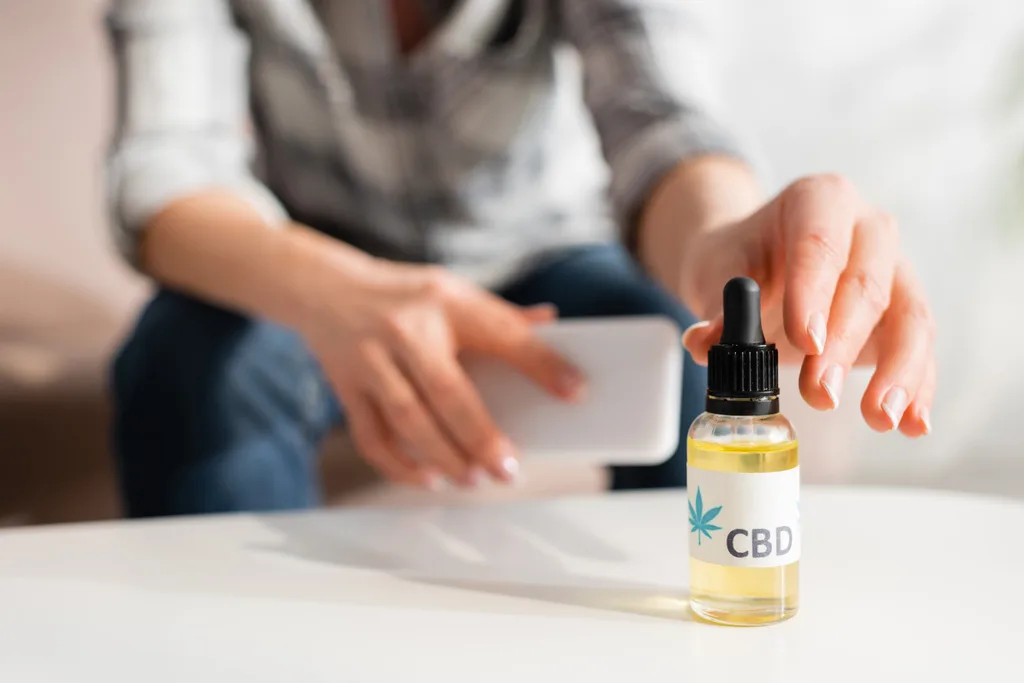According to new research, eight weeks of using 50mg of CBD daily “may offer benefits in enhancing sleep quality in humans and improving immunosurveillance against cancer cells”.

Conducted by researchers at the University of Northern Colorado, the University of Utah, the University of Illinois at Chicago and the University of Northern Colorado, the study is titled Eight Weeks of Daily Cannabidiol Supplementation Improves Sleep Quality and Immune Cell Cytotoxicity. It was published in the peer-reviewed journal Nutrients.
Researchers for the study note that “Cannabidiol (CBD) is a non-intoxicating exogenous cannabinoid agonist derived from plants that, at high doses, has received FDA approval as an anticonvulsant for epileptic seizures, and at low doses is marketed as a food-grade supplement for improved mental health, sleep quality, and immunological function.”
At present, “the predominance of published CBD clinical research has focused on ameliorative or disease-specific intervention, with few trials investigating CBD effects in healthy populations.”
This clinical study “aimed to investigate the effects of 8 weeks of 50 mg oral CBD on mental health, sleep quantity and quality, and immune cell function in healthy, college-aged individuals.”
For the study 28 participants (average age 25.9 ± 6.1 y) were randomized to receive either daily oral capsules of 50 mg of CBD (CB, n = 14) or a calorie-matched placebo (CN, n = 14). Participants completed pre- and post-intervention assessments, including anthropometric measurements, mental health surveys, sleep analysis, and immunological function assessments.
After completing the 8-week intervention, “there were no significant changes in body weight and BMI (CN: 1.09 ± 0.89%: CB: 1.41 ± 1.07%), or body fat percentage (CN: 9.01 ± 7.51%: CB: 8.57 ± 7.81%), respectively (values are % change pre to post, p > 0.05).”
There were also “no significant differences between CB and CN groups with respect to mental health measures, sleep quantity, or circulating immunophenotype as a result of the intervention.”
However, “the CB group experienced significant improvements in sleep quality measured objectively using a sleep questionnaire (p = 0.0023) and enhanced Natural Killer (NK) immune cell function assessed in situ (p = 0.0125).”
Researchers conclude:
The daily consumption of 50 mg hemp-derived CBD resulted in improvements in the overall perceived quality of sleep as assessed using the LSEQ, with further improvements detected in the quality of sleep following eight weeks of CBD supplementation. Furthermore, significantly greater immune cell cytotoxicity directed at leukemia cells was observed between the CB and CN groups following the intervention, particularly at the 10:1 E:T cell ratio, as indicated by the reduced percentage of live K562 leukemia cells. These results collectively support the notion that low dose CBD supplementation may offer benefits in enhancing sleep quality in humans and improving immunosurveillance against cancer cells in situ.







